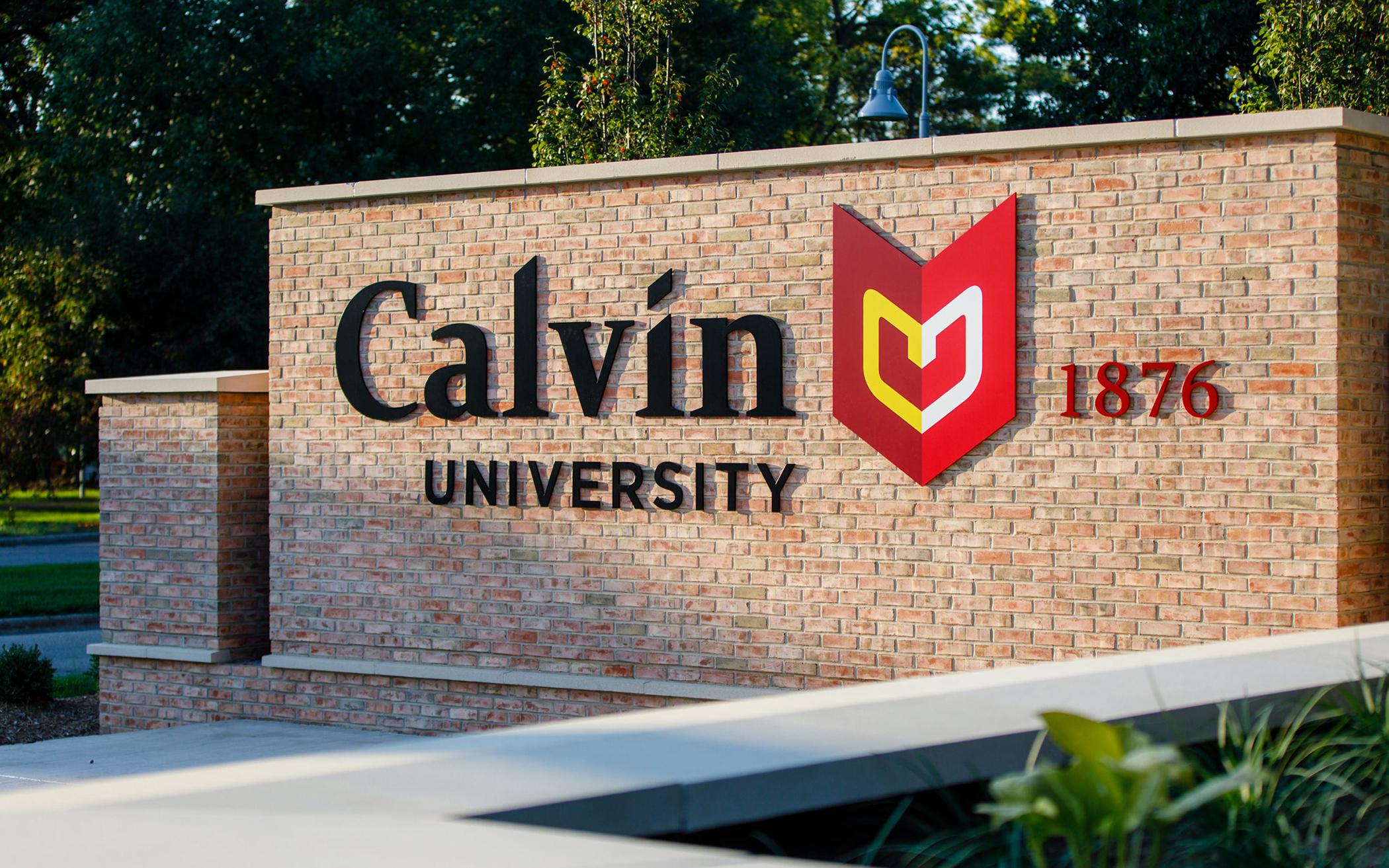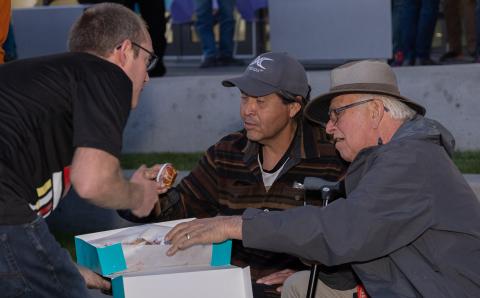After Calvin University in Grand Rapids, Mich., announced a leadership transition in late February, saying president Wiebe Boer resigned his position, there have been questions about due process for Boer who was the subject of a report alleging “unwelcome and inappropriate communication and attention toward a non-student member of the campus community,” according to a Feb. 26 statement from the board.
Attorneys for Boer and his wife Joanna Boer filed a complaint in a U.S. district court April 12, seeking remedy for alleged “breach of contract and defamation, and violations of the Elliott-Larsen Civil Rights Act.” Joanna Boer was also employed by Calvin.
Calvin’s Board of Trustees said Boer admitted to sending the communications that the board described as “inappropriate and inconsistent with the high standard of conduct and character expected of the President of Calvin University.”
“This admission of guilt negated the need for any additional process,” the board says in an April 14 statement that was shared with students, faculty, and staff and released to media outlets requesting comment. The board said its statement was being shared to counter “misrepresentations made in the Boers’ legal complaint.” (See statement[1] shared with The Banner on April 15.)
Previously, in response to requests for a third-party review of the board’s actions, the board said in a statement, “Ultimately, Dr. Boer’s employment at Calvin was governed by an employment agreement that gives the Board the authority to determine his fitness to remain in the role. … We remain confident that Dr. Boer’s decision to resign, and the Board’s decision to accept his resignation, are in the best interests of all involved.”
In the court filing, attorneys for the Boers claim “Calvin cannot show a case of ‘serious misconduct’ as defined by the Contract (employment agreement) against Dr. Boer.” The claim alleges “Calvin obtained Dr. Boer’s resignation by advising him that it would fire him if he did not agree to resign, i.e., with a threat he was about to be fired, intimidation, and undue time pressure, constituting a constructive termination as a matter of law.”
The claim states “Dr. Boer acknowledged it was a mistake to text Complainant—particularly considering how Complainant perceived it—but continued to deny other unprofessional or inappropriate conduct.”
The board said in its first public statement on Boer’s resignation that the report it received “did not include allegations of sexually explicit communication or physical contact, but the alleged conduct is concerning and inappropriate.”
Greg Elzinga, formerly Calvin’s vice president of advancement, was named interim president by the board on Feb. 26. He addressed the Calvin community in a video message April 14 “with troubling information” that he said “must stop.” Elzinga said his office “became aware of multiple threats toward a member of administration who is named in the legal complaint.”
“Regardless of how you feel about the board’s handling of Dr. Boer’s resignation, it is never acceptable to threaten or attack other members of this community or to joke about doing so in a misguided attempt at humor,” Elzinga said. He said Calvin had notified law enforcement, “seeking their assistance in pursuing all available avenues of accountability against the perpetrators.” Elzinga concluded his video remarks saying Calvin had great respect for the legal system, “which is the appropriate venue for adjudicating disagreements like the one between Dr. Boer and the board,” and calling the community to see each other first as “image bearers of God and neighbors we are to love as ourselves” and to recommit to living “wholeheartedly as agents of Christ’s renewal in the world.”
Founded by the Christian Reformed Church in 1876, Calvin University is governed by its board of trustees, appointed by the denomination’s synod. The board has a mandate from synod to govern the institution according to the university’s bylaws, which includes supervision of and selection of a university president. The Calvin University board and the denomination’s Council of Delegates, the board that works on behalf of synod in between meetings of synod, are connected relationally and send board guests to one another’s meetings.
"CRCNA leadership has been in contact with Calvin's senior leaders on this difficult matter,” said Zachary King, the CRC’s general secretary. “The Council of Delegates also has been updated. We are in constant prayer for Calvin's board and Interim President Elizinga as they respond to this situation. We are also praying for Dr. Boer and his family. As the school year winds down and preparations are made for incoming students this fall, we pray for strength for Calvin's faculty, staff, and students as they pursue the critical task of Christian education and formation from a Reformed perspective."
Calvin’s board also recently named a chair for the next presidential search committee, according to a report by Chimes. “The search committee will be composed of four trustees, three faculty, two staff members or administrators, one alumnus, one student, one representative of the CRC denomination, and three at-large members,” the report said. Committee members could be confirmed at the next in-person meeting of Calvin’s board of trustees in late April.
About the Author
Alissa Vernon is the news editor for The Banner.








